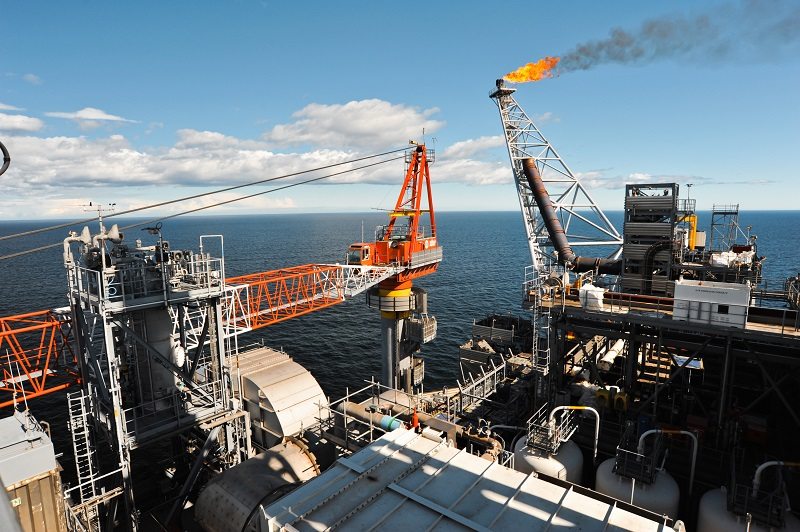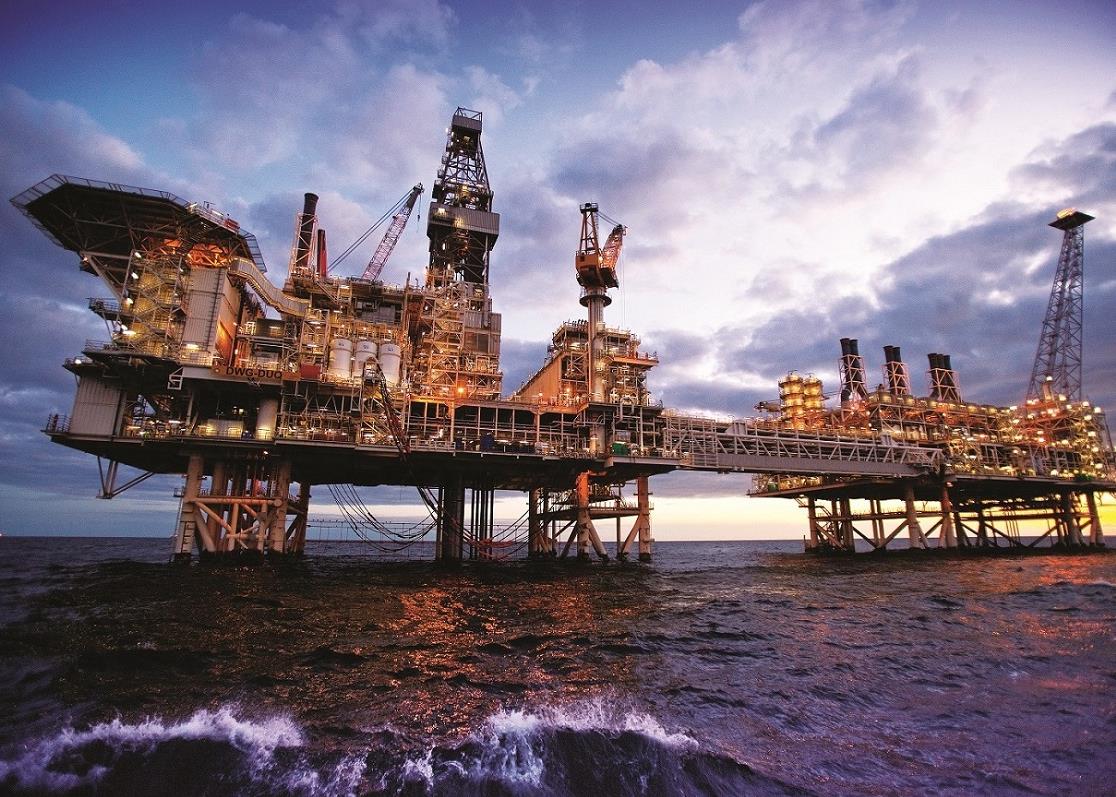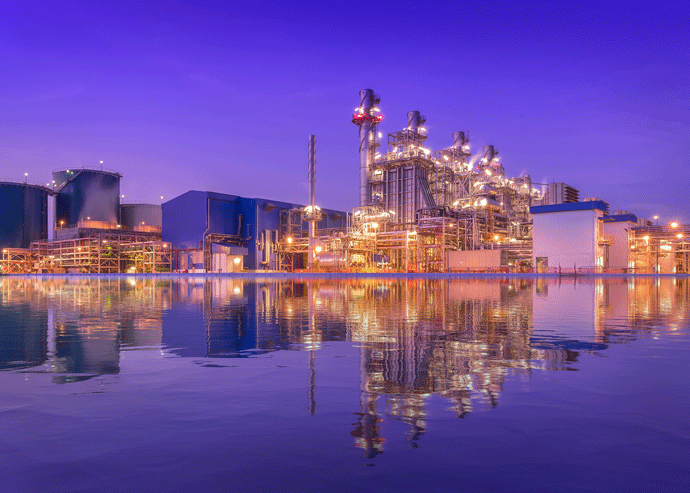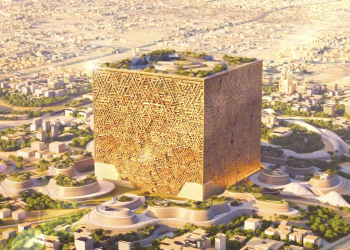

The Lebanese Petroleum Administration (LPA) has already started the process of preparing for a new licensing round in 2019 even though exploration wells are yet to be drilled after the country’s first ever oil and gas exploration bid round was held in January this year.
The LPA has now recommended four out of 10 new exploration blocks be opened up for auction in the country’s second bid round next year.
Lebanon signed its first offshore oil and gas exploration and production agreement in February, awarding Blocks 4 and 9 to a consortium of France’s Total, Italy’s Eni and Russia’s Novatek after a bid round in 2017.
The consortium was the only one to submit offers, out of 51 qualified to take part in the bid round. This was mostly due to the timing of the auction. Originally planned for 2013, but then delayed by political wrangling in Beirut until January this year, the auction came during a prolonged slump in global crude oil prices, which damped interest in new exploration spending.
Beirut has been trying to make up for lost time. The LPA approved the group’s exploration plan in May, with the first wells set for late 2019, and now the second round may proceed too.
The four new exploration areas are blocks 1, 5, 8 and 10, covering a total of about 7,085 square kilometres, the LPA said in a statement.
Blocks 8 and 10 are located on Lebanon’s contested maritime border with Israel. However, this did not deter Total, Eni and Novatek from bidding on Block 9, also on the border, in the previous round.
The government estimates the country has 96 trillion cubic feet of gas reserves and 865 million barrels of oil located offshore, but Lebanon has lagged behind its neighbours Egypt, Israel and Cyprus in developing its Mediterranean assets. More than 90 per cent of Lebanon’s energy needs are met by imports – a significant drain on the national budget. Domestic gas production would therefore lower costs and boost the underfunded power sector.
Egypt in particular has turned its energy fortunes around in the past few years, since the discovery of the giant Zohr gas field, the largest ever find in the Mediterranean, containing some 850 billion cubic metres of gas or 30 trillion cubic feet. Developed by Eni, the field was brought on stream in late 2017, less than two and a half years after the field was first discovered, and now produces as much as 2 billion cubic feet a day (cf/d).
Eni also announced in February that it had made a "promising" find from its Calypso 1 well off the coast of Cyprus, which it described as an extension of Zohr.
You might also like...

Adnoc Offshore awards Upper Zakum contract
17 April 2024

Oman awards Batinah coastal road contract
17 April 2024

Oman appoints Al Khuwair Downtown project manager
17 April 2024
A MEED Subscription...
Subscribe or upgrade your current MEED.com package to support your strategic planning with the MENA region’s best source of business information. Proceed to our online shop below to find out more about the features in each package.





